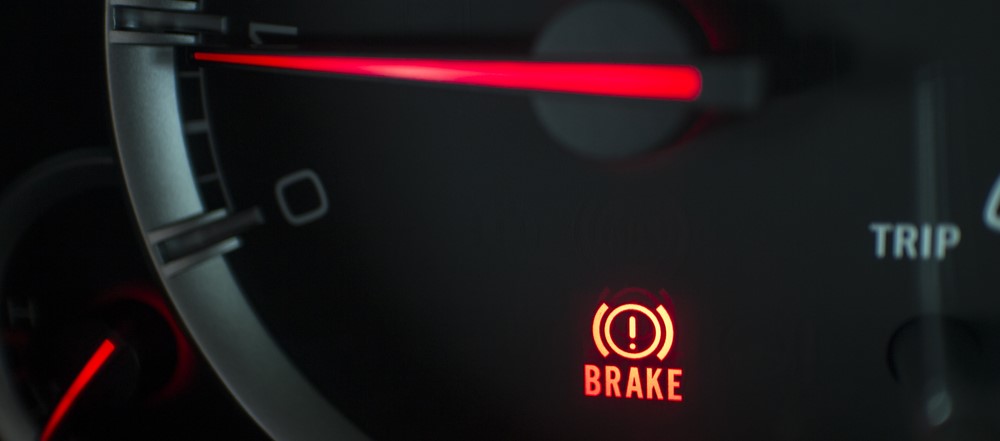Let's be real, your car needs a ton of fluids to keep it running. Oil, gas, coolant, and brake fluid are just a few. But brake fluid is a total game-changer. Without it, you're not stopping anytime soon! So what happens if you run out? Well, we've got the answers to all your brake fluid questions!
How does brake fluid even work?
Basically, it's what makes your brakes do their thing. When you step on the pedal, the fluid gets pressurized and moves through the lines to the calipers. These calipers push your brake pads onto the rotors, causing friction and ultimately bringing your car to a stop. But if you don't have enough brake fluid, this whole process won't work as well. So, keep that reservoir full and stay safe on the road!
How do you know if your brake fluid is running low?
Your car is pretty good at letting you know when something's not right. And low brake fluid is no exception. Here are some signs to look out for:
-
Illuminated brake light on dashboard: If the brake light on your dashboard is illuminated, it could mean your brake fluid is low. However, it could also mean there's another brake issue that needs attention.
-
Trouble pressing down on the brake pedal or it's going down too easily: This could indicate that your brake fluid levels are low. Alternatively, there could be contaminated fluid or air in the system.
-
Fluid puddles around one or more of your wheels: If you're seeing fluid puddles around one or more of your wheels, that's a pretty good indication that you've got a brake fluid leak. If you find a puddle near one of your wheels that is clear to brown in color and has a slick viscosity similar to vegetable oil, it's likely brake fluid.
-
Brakes don't seem to be working like they used to: If you're noticing that your brakes aren't working as well as they used to or they feel different, it's important to get them checked as soon as possible to identify any issues and avoid potential safety risks.
No one wants to be in a dangerous situation on the road. So, if you're noticing any of these symptoms or your brakes just don't seem to be working like they used to, don't wait around. Head on over to Kunes Ford of Delavan Service Center to get your brakes inspected ASAP.
Your car's braking system relies heavily on brake fluid. While it doesn't require frequent replacements, brake fluid can run low or go bad over time. One common cause of low brake fluid is a leak, but don't jump to conclusions if you spot puddles under your car.
Make sure to identify the fluid by its appearance and location. Brake fluid is usually clear to brown in color and has a slick viscosity similar to vegetable oil. If you find a puddle near one of your wheels with these characteristics, it's likely brake fluid.
However, sometimes low brake fluid levels occur without any visible leaks. In these cases, the problem could be internal leakage into the brake booster or worn brake pads causing more fluid to accumulate in the calipers.
Driving without brake fluid is not recommended, as it can cause your brakes to fail completely, which poses a huge safety risk. If this happens, you should warn other drivers by pumping the brake pedal and turning on your hazards. Gradually engage the parking brake to downshift the transmission into lower gears, and try to safely pull off the road onto a surface with more friction, such as grass, dirt, or weeds. If your parking brake doesn't engage, try putting your car in low gear and steering very carefully to a stop.
To avoid potential brake issues and ensure your brake fluid is at the proper level, schedule a brake inspection at Kunes Ford of Delavan Service Center. Don't take any chances when it comes to your car's brakes!


